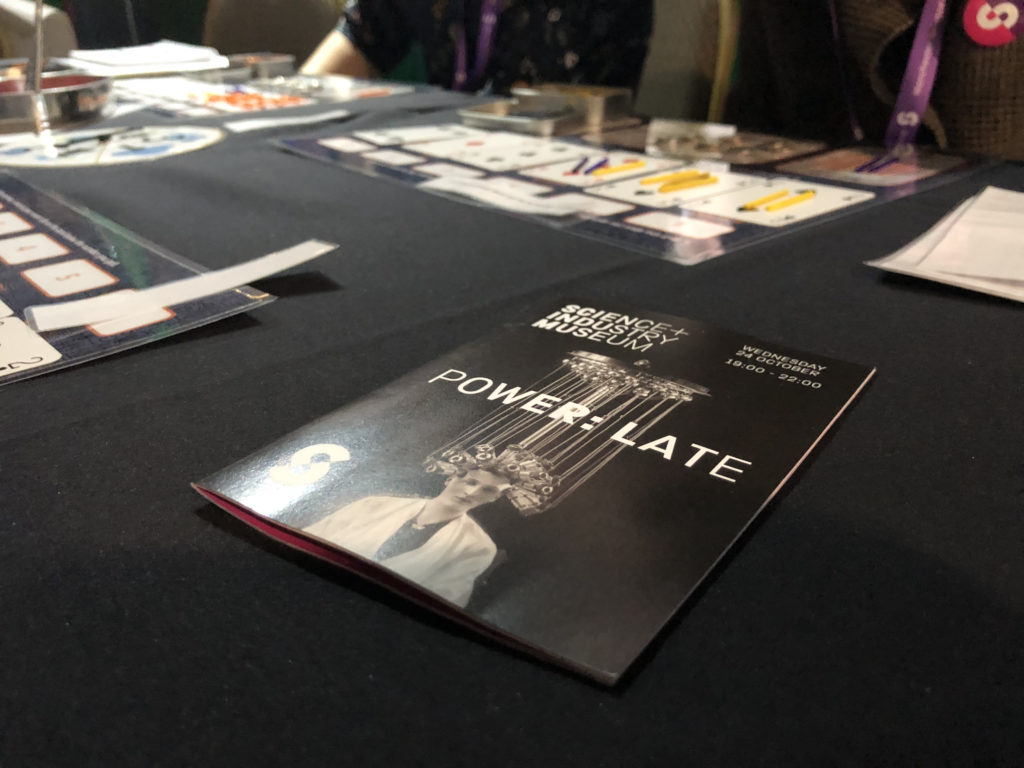More and more energy consumers are able to generate their own
electricity thanks to the availability of cheaper renewable energy
technologies such as solar panels. At the moment, they have to sell
energy that they don’t use to the grid at a quarter of the price they
buy it for. Peer-to-peer energy trading is a new approach in which
people would sell electricity directly to their neighbours. Sellers get
more, and buyers save compared to buying from the grid.
As part of the EPSRC funded P2P-IoET project,
researchers at the UCL Energy Institute developed a board game to show
how peer-to-peer energy trading would take place within a community.
After a series of test runs with internal staff, the ‘Peer-to-Peer
Energy Trading Game’ was first presented to the public at the Manchester
Science Festival on 24 October, followed by the Global Student
Engineering Conference (GSEC) in London on 6 November.
About the game
The
game was positively received, and as a result of its success there are
plans to share the game instructions online, as well as produce hard
copies for stakeholders such as community energy groups, companies,
schools and other academics to use in their engagement activities.
The
game uses familiar board-game elements (cards, tokens, placemats,
spinners etc.) to represent the key elements of energy trading. The
placemat includes boxes representing the days of the week, as well as
players’ solar panel, battery storage and wallet. Participants are asked
to balance their energy demand, represented by the cards on their
placemat, with their energy supply (from their solar panels), which is
determined by the spinner, throughout the week. If they cannot meet
their energy demand on a given day, they must buy energy from other
players at an agreed price or from the grid for a higher price. The
player having made the most financial profit at the end of the week wins
the game.
The aim is not only to show participants how
peer-to-peer energy trading would take place, but also to incite
discussions on the process. Participants in Manchester and London
discussed topics such as fairness, how to integrate P2P into the main
energy grid as well as with conventional energy sources, control of the
P2P network, and grid defection.
Get involved
Do you have an idea for a catchier name for the game? Send your suggestions to a.schneiders@ucl.ac.uk or tweet your idea using the hashtag #P2PgameUCL. The winner will be credited in the game and receive a free hard copy (once it is developed).
Stay updated on future developments regarding the P2P energy trading game by checking the UCL Energy Institute’s news and Twitter feed.

